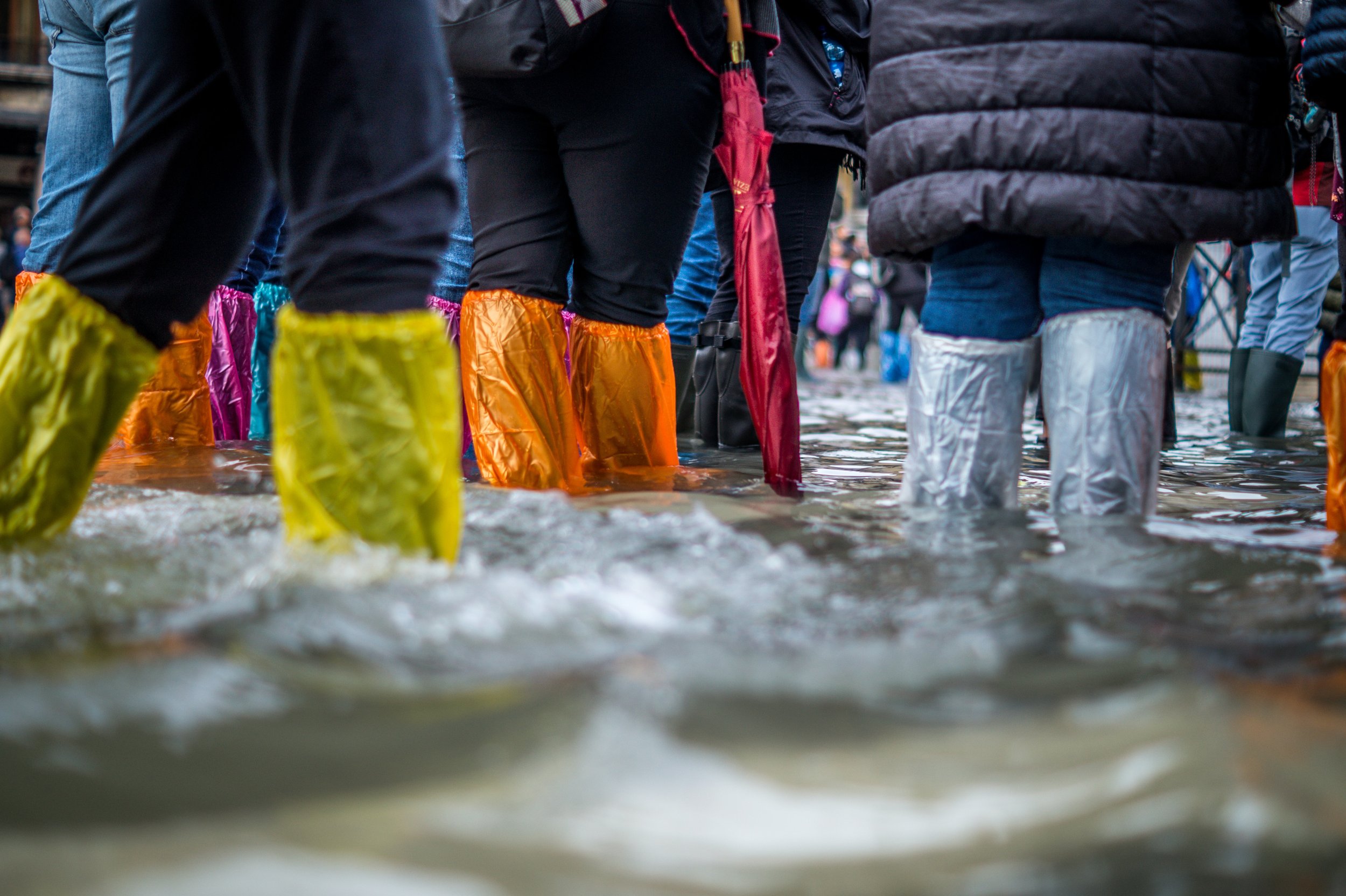Disaster Gerrymandering and Political Opportunism: How the United States Inequitably Responds to Natural Disasters
Courtesy of @jonfordphotos
The 2017 hurricane season demonstrated the economic, political, and human costs wrought by natural disasters. Moreover, it demonstrated how governance can impact the amount, flow, and expediency of disaster aid relief. The response to Puerto Rico after Hurricane Maria was disproportionately delayed compared to Florida and Texas after Hurricanes Irma and Harvey. And no, it’s not just because of geography. In 2021, research conducted by HMP Governance Lab collaborators Dr. Charley E. Willison, Dr. Phillip M. Singer, Dr. Melissa S. Creary, Dr. Scott L. Greer, Soha Vaziri, and Jerry Stott investigated these three natural disasters to contextualize why Puerto Rico and Hurricane Maria were different.
In their article titled “How Do You Solve a Problem like Maria? The Politics of Disaster Response in Puerto Rico, Florida, and Texas,” the authors first applied a historical lens summarizing the colonial history between Puerto Rico and the United States. From the US’ invasion in 1898, to the establishment of the commonwealth in 1952, Puerto Rico to this day continues to have a turbulent economic, political, cultural, and racial relationship with the United States. Puerto Ricans have been American citizens since 1917, yet are ineligible to participate in federal elections. In one survey, 40% of respondents were unaware that Puerto Ricans are U.S. citizens.
As a commonwealth, Puerto Rico has a non-voting delegate in Congress who holds no power and thus can only advise, not affect policy change, or in this case, aid relief. Another pressing factor at play is the long-standing racial resentment expressed towards Puerto Ricans in American society. The ethnic, racial, and majority Spanish-speaking make-up of Puerto Rico present what many white Americans may perceive as an “outgroup threat.” Simply put, because Puerto Ricans look and speak a different way than the majority of Americans, they are viewed as others, those who are unworthy of upward social mobility or economic support. These sentiments were exacerbated at the time by the political climate with the ascension of the Trump administration. These circumstances and institutional barriers set the stage for the perfect socioeconomic and political storm for negligence.
In this article, the authors analyzed Congressional floor debates, public statements, and testimonials of political elites to understand why Texas and Florida received more aid quickly than Puerto Rico. Upon further analysis, they came to three conclusions. The first was the fact that the aid debates were dictated largely by those from districts that were at risk for natural disasters in general; however, those who were not from at-risk districts used the debates as an opportunity to secure more funding for their home districts. Second, support for aid to Texas and Florida was largely bipartisan. Lastly, Democrats were predominately advocating for aid to Puerto Rico while Republicans were sheepish in comparison, even with high Puerto Rican constituencies.
HMP Governance Lab colleagues then explained why these results may be the case. First and foremost is disaster gerrymandering, where aid is not driven by jurisdictional overwhelmedness, but by partisanship, resource competition, and voting bias. At-risk states are better positioned to leverage and compete for resources compared to under-resourced ones. Puerto Rico is a prime example as it is severely disadvantaged with its non-voting delegate and its commonwealth status. This is further exacerbated by the second point made by the authors - racial resentment. Puerto Rico’s sociocultural make-up as others lended to coded messaging or “thoughts and prayers” as opposed to actionable messaging from some elected officials veiled in racial othering. Lastly, bipartisan efforts for these aid debates presented political opportunism for non-at-risk states. These elected officials used the debates as an opportunity to advocate and secure funding for their own states (e.g., Oregon and wildfires).

